Fall Healing Moon
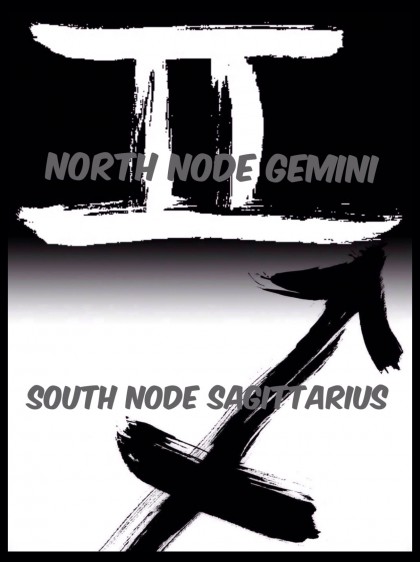 Astrology. Judaism has its weird side. Kabbalah, in particular. Turns out the kabbalist’s support astrology and if you follow the story of creation from a kabbalistic perspective, you can see why they might. At the shattering, the sharding of the divine light, ohr, pieces of divinity divided into minute pieces, atoms you might call them, and since then have created and recreated everything in the universe. That means that all things are connected, as part of the original attempt to create an undivided holy creation. In a sense it means that all things yearn for each other, to be rejoined, made whole again.
Astrology. Judaism has its weird side. Kabbalah, in particular. Turns out the kabbalist’s support astrology and if you follow the story of creation from a kabbalistic perspective, you can see why they might. At the shattering, the sharding of the divine light, ohr, pieces of divinity divided into minute pieces, atoms you might call them, and since then have created and recreated everything in the universe. That means that all things are connected, as part of the original attempt to create an undivided holy creation. In a sense it means that all things yearn for each other, to be rejoined, made whole again.
Elisa, a member of Beth Evergreen, worked as an astrologer to pay her way through her PhD program in geology. Seems cognitively dissonant, eh? Oil field geology no less. She’s worked as an academic dean for the last twenty years. She is no woo woo, dawning of the age of Aquarius type, but an educated scientist and a practicing academic. Part of her continuing interest in astrology is its validation in Jewish tradition.
She offered a chart for each of us who came if we sent in our birth time, date and place. I did. It impressed me. Elisa’s explanations of rising signs, sun sign and moon sign, and especially the concept of the north and south nodes rang an inner bell for me. Usually this sort of presentation would agitate my bullshit detector, but Elisa’s intelligence and willingness to question encourage me to pay attention instead.
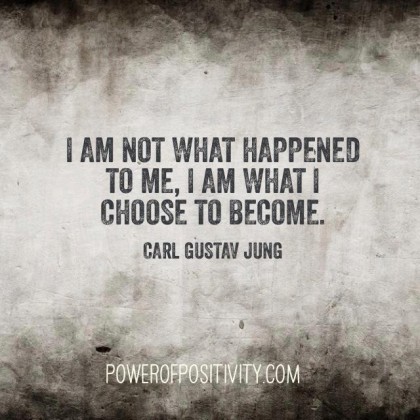 The concept of the north/south nodes has some connection to the past lives notion, which seems far fetched to me, but I got opened up a bit here, so I was listening. The idea is this: the south node is your default approach to life, the one, if you’re a past lives enthusiast, informed by the accretion of knowledge from other lives you’ve lived. It’s comfortable, effective, easy. But. Not growthful.
The concept of the north/south nodes has some connection to the past lives notion, which seems far fetched to me, but I got opened up a bit here, so I was listening. The idea is this: the south node is your default approach to life, the one, if you’re a past lives enthusiast, informed by the accretion of knowledge from other lives you’ve lived. It’s comfortable, effective, easy. But. Not growthful.
The growing edge for your life lies in your north node. (I don’t know why.) The north node represents what, in Elisa’s words, you came into this life to learn. My north node is in Gemini.* Where it is makes a big difference, too. When I read explanations of my north node, I find my head nodding. Oh, yeah. Sounds like me.
I’m intrigued enough that I sent Elisa a note asking if she would do a full chart and consultation for me. First time for everything.
*”Having the North Node in Gemini in your birth chart means that this lifetime needs to be about true communication for you. Your highest soul-expression is one that is logical, inquisitive, and eager for more information. That is why I call you the curious soul. Deep down, you possess this powerful yearning to just learn more. More than most people, the more you know, the more you grow. But, you need to “know things” in a rational way; by gathering all the facts. Gemini North Node individuals are discovering that, in order to evolve, they need to treat life like an endless classroom, a textbook that never ends. Accessing and embracing your ability to be both a remarkable student and a remarkable teacher is what is going to bring you the most spiritual growth.” Astrology Arena

 Went to mussar yesterday for the first time in three weeks. Lots of hugs. Lots of obvious caring for Kate. One of the ironies of this whole situation is that three weeks ago yesterday Kate and I co-taught a mussar session on compassion, rachamim. The next morning at 6 a.m. she was in the E.R. at Swedish. She’s been gone from home ever since.
Went to mussar yesterday for the first time in three weeks. Lots of hugs. Lots of obvious caring for Kate. One of the ironies of this whole situation is that three weeks ago yesterday Kate and I co-taught a mussar session on compassion, rachamim. The next morning at 6 a.m. she was in the E.R. at Swedish. She’s been gone from home ever since. It was not the content of the discussion, but its nature that finally lifted my stress. Considering the meaning of truth, identifying the Jewish take on it, relating the search for truth to loving-kindness all stimulated my thinking, made me go deep. And that was the solace. Leaving the squirrel-in-a-cage stressors behind for a while, I went into that realm of memory and creativity where old ideas and new conditions meet, changing each other.
It was not the content of the discussion, but its nature that finally lifted my stress. Considering the meaning of truth, identifying the Jewish take on it, relating the search for truth to loving-kindness all stimulated my thinking, made me go deep. And that was the solace. Leaving the squirrel-in-a-cage stressors behind for a while, I went into that realm of memory and creativity where old ideas and new conditions meet, changing each other. There is, I’m coming to understand, a unique Jewish epistemology, one which places a possible truth on the table and passes it around to the many gathered in its presence. Each one comments, shares the part of the elephant that they can see. The process iterates since commentators will comment on others reactions. It does not mean that there is no truth, this is the key move, but that truth itself is multi-perspectival. It takes a village to know a truth.
There is, I’m coming to understand, a unique Jewish epistemology, one which places a possible truth on the table and passes it around to the many gathered in its presence. Each one comments, shares the part of the elephant that they can see. The process iterates since commentators will comment on others reactions. It does not mean that there is no truth, this is the key move, but that truth itself is multi-perspectival. It takes a village to know a truth.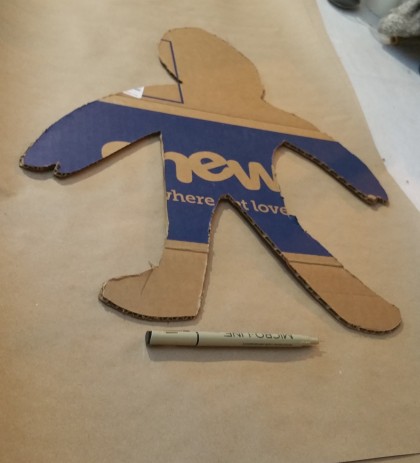 Odd experience yesterday. I led an exercise that involved body outlines I made from this template. (they actually looked better than this picture might suggest.) The kids responded to several prompts, among them: first school memory, early friends, where were you born, childhood hobby, childhood dream, then illustrated them on their body outline. The results are beautiful in many cases, revealing in all of them.
Odd experience yesterday. I led an exercise that involved body outlines I made from this template. (they actually looked better than this picture might suggest.) The kids responded to several prompts, among them: first school memory, early friends, where were you born, childhood hobby, childhood dream, then illustrated them on their body outline. The results are beautiful in many cases, revealing in all of them.

 As I drove home yesterday from
As I drove home yesterday from 



 End note. I realized as I wrote that last paragraph that a key sticking point right now is uncertainty. Will Kate’s various medical issues resolve? That is, will she get well enough to leave for rehab? If so, when? If she’s in rehab, how long? How much care will she need when she comes home? I’m not wracked by any of these questions, but they illustrate the fundamental issues in play right now, with no clarity about any of them available. That’s what makes knowing how I might react so difficult right now.
End note. I realized as I wrote that last paragraph that a key sticking point right now is uncertainty. Will Kate’s various medical issues resolve? That is, will she get well enough to leave for rehab? If so, when? If she’s in rehab, how long? How much care will she need when she comes home? I’m not wracked by any of these questions, but they illustrate the fundamental issues in play right now, with no clarity about any of them available. That’s what makes knowing how I might react so difficult right now.

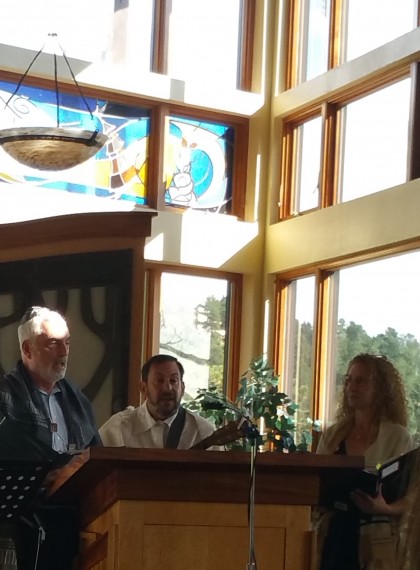
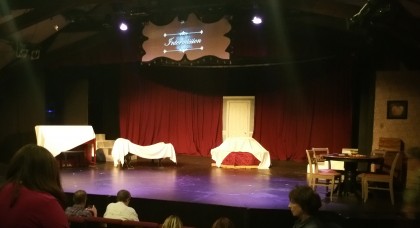

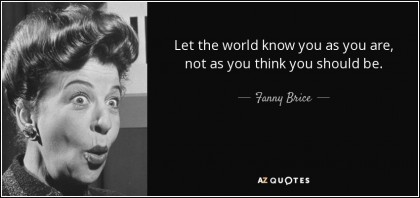 We knew people in the cast, saw folks we knew in the lobby, and were greeted by the costumer as we left. He remembered us from our visit to the tech rehearsal. In other words this was also a moment of immersion in community, our community. That’s not the same as a visit to the Guthrie or to Broadway, but has lots of other, ancillary benefits.
We knew people in the cast, saw folks we knew in the lobby, and were greeted by the costumer as we left. He remembered us from our visit to the tech rehearsal. In other words this was also a moment of immersion in community, our community. That’s not the same as a visit to the Guthrie or to Broadway, but has lots of other, ancillary benefits.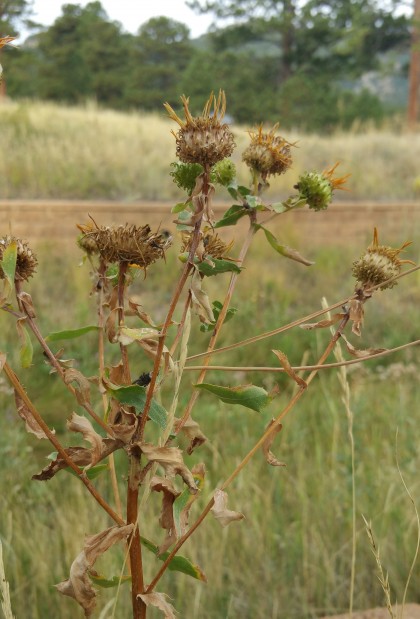
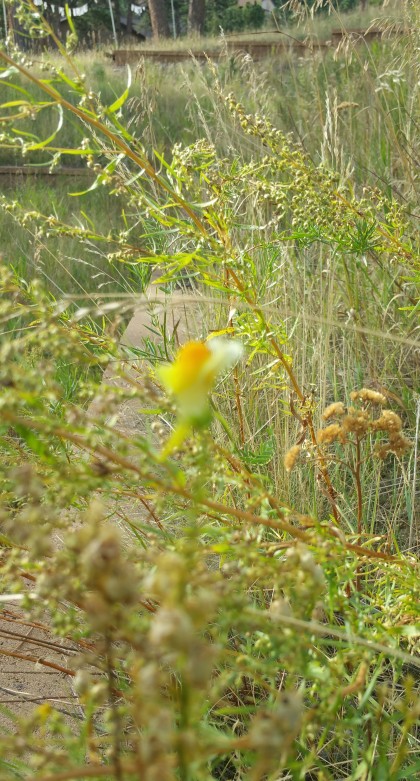
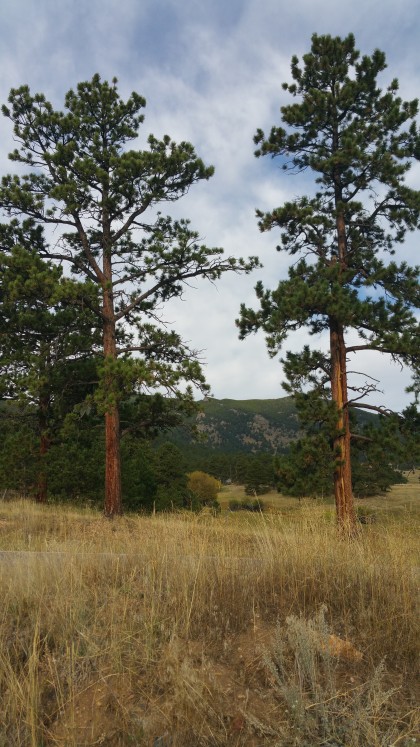
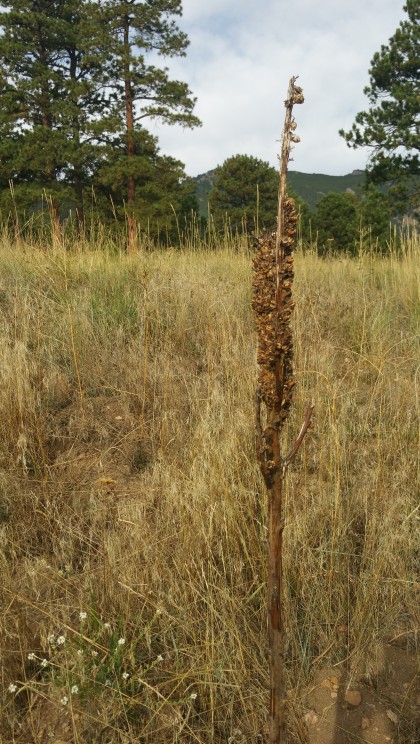

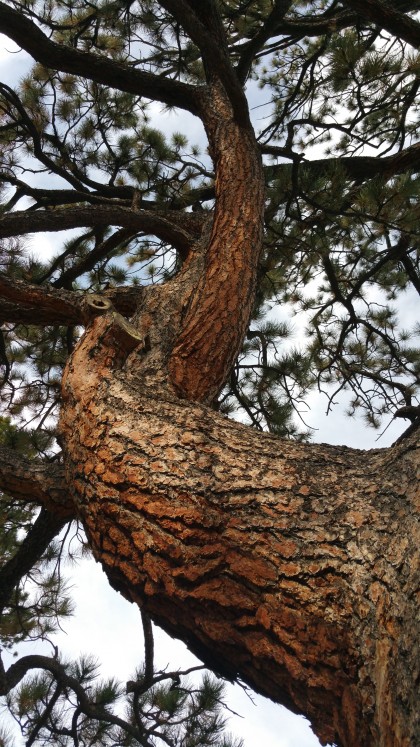
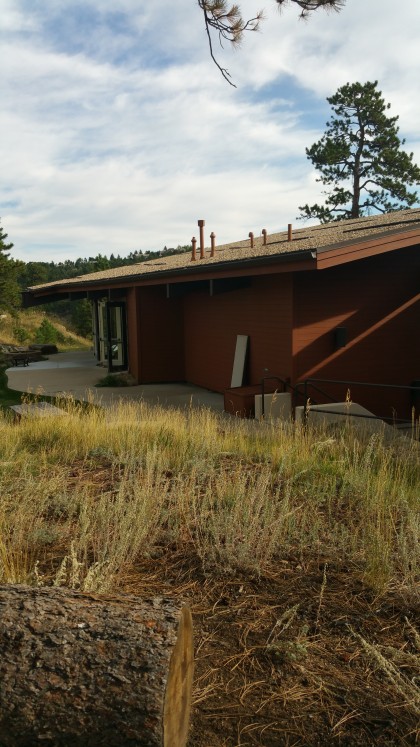
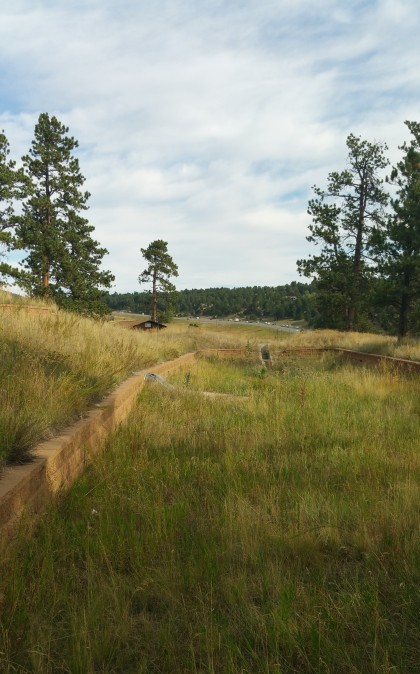
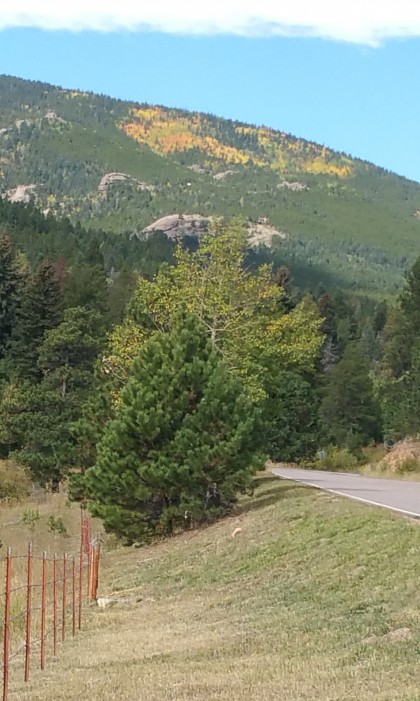
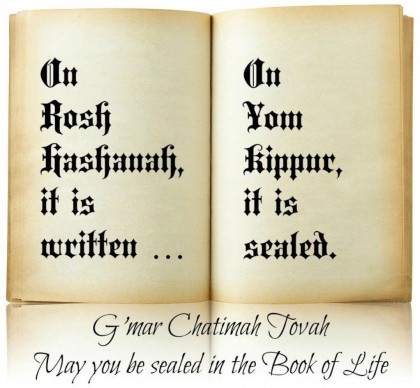 The book of life closed on Wednesday. It was a fast day, unusual in Judaism which finds asceticism puzzling, but on this day, once a year, there is a fast for the whole of Yom Kippur*. That’s from evening to evening. The point is to make us tune into our bodies, to remember that the body carries our soul, and to make the final push for teshuvah, return to the holy soul our body carries.
The book of life closed on Wednesday. It was a fast day, unusual in Judaism which finds asceticism puzzling, but on this day, once a year, there is a fast for the whole of Yom Kippur*. That’s from evening to evening. The point is to make us tune into our bodies, to remember that the body carries our soul, and to make the final push for teshuvah, return to the holy soul our body carries.